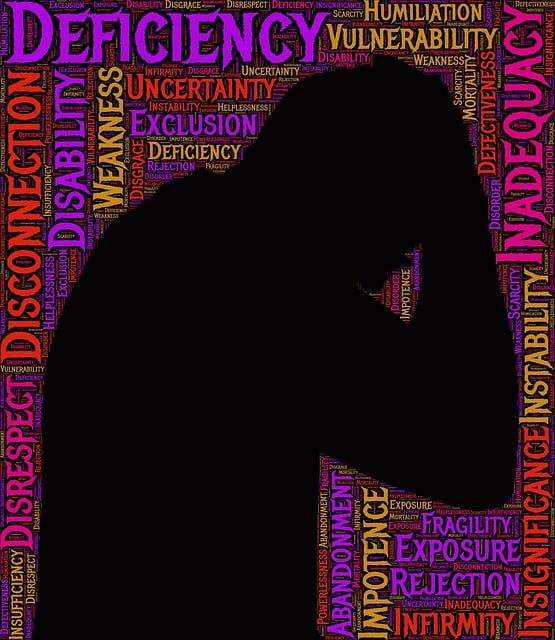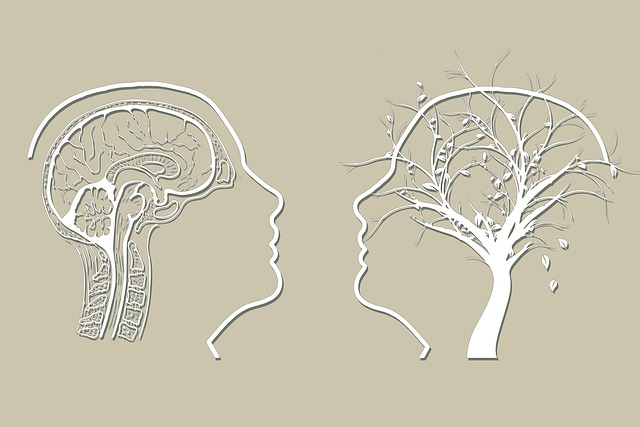Mental wellness is crucial for children's development, with early identification of issues like anxiety and depression through tailored therapy improving resilience. Reducing stigma encourages help-seeking. For young individuals exploring gender identity, specialized therapy provides safe spaces for open conversations, addressing gender dysphoria. Effective strategies include cognitive-behavioral therapy (CBT), community outreach, podcasts, and burnout prevention for healthcare providers. This holistic approach fosters self-acceptance, builds resilient communities, and promotes inclusive environments, emphasizing the vital role of therapy for children with gender identity issues in enhancing overall mental health.
Mental wellness promotion among children and adolescents is a vital aspect of holistic development, crucial for their overall well-being. This article delves into several key areas, including understanding mental wellness in children through early intervention strategies. We explore the unique emotional challenges faced by young individuals navigating their gender identity, offering empathy as a powerful tool. Furthermore, it provides a comprehensive overview of therapeutic approaches tailored to children’s mental health and discusses the role of supportive environments in fostering resilience.
- Understanding Mental Wellness in Children: Early Intervention Strategies
- Gender Identity and Youth: Navigating Emotional Challenges with Empathy
- Therapeutic Approaches for Children's Mental Health: A Comprehensive Overview
- Fostering Resilience: Promoting Mental Wellbeing Through Supportive Environments
Understanding Mental Wellness in Children: Early Intervention Strategies

Understanding mental wellness in children is paramount for their overall development and well-being. Early identification and intervention can significantly impact a child’s ability to navigate life challenges. Mental health issues in children manifest differently than in adults, often presenting as behavioural changes, mood swings, or difficulties in social interactions. Recognizing these signs early is crucial, as it allows parents, caregivers, and healthcare providers to initiate appropriate support strategies.
One effective approach is therapy tailored for children, addressing specific concerns such as anxiety, depression, or even gender identity issues. Early intervention through therapy can empower children to understand their emotions, build resilience, and develop healthy coping mechanisms. Additionally, mental illness stigma reduction efforts play a vital role in fostering an environment where children feel comfortable seeking help. Healthcare provider cultural competency training is essential to ensure that professionals are equipped to understand and address the unique needs of diverse populations, promoting inclusive mental health awareness for all children.
Gender Identity and Youth: Navigating Emotional Challenges with Empathy

For young individuals exploring their gender identity, the journey can be emotionally challenging. It’s essential to acknowledge that gender dysphoria and related issues are valid experiences for this demographic, often requiring professional support. Therapy for children with gender identity concerns plays a pivotal role in fostering emotional healing processes. Through specialized therapy sessions, these youth can receive guidance tailored to their unique needs.
Empathy forms the cornerstone of such therapeutic interventions. By creating safe spaces where young people feel understood and accepted, therapists facilitate open conversations about gender expression, allowing for positive thinking to flourish. Additionally, community outreach program implementations that focus on educating peers, families, and broader communities can significantly impact reducing stigma and promoting inclusive environments, further enhancing emotional well-being among this vulnerable group.
Therapeutic Approaches for Children's Mental Health: A Comprehensive Overview

Promoting mental wellness in children involves a range of therapeutic approaches tailored to their unique needs. One effective method is therapy for children with gender identity issues, addressing the complex emotions and challenges associated with understanding and expressing one’s gender. This specialized therapy provides a safe space for young individuals to explore their identities, fostering self-acceptance and improving overall mental health.
The process often incorporates various techniques such as cognitive-behavioral therapy (CBT), which helps children manage anxiety and negative thought patterns related to their gender identity. Additionally, mental illness stigma reduction efforts are integral to creating supportive environments where children feel comfortable seeking help. Recent advancements in the field have also seen the rise of mental wellness podcast series production, offering accessible resources for both children and parents to learn about mental health, including strategies for anxiety relief.
Fostering Resilience: Promoting Mental Wellbeing Through Supportive Environments

Fostering resilience is a powerful tool in promoting mental wellbeing, especially within supportive environments. This involves creating spaces where individuals, particularly those navigating complex identities like gender diversity, can find understanding and acceptance. Therapy for Children with diverse gender identities requires specialized approaches that nurture their unique needs and experiences. By implementing Burnout Prevention Strategies for Healthcare Providers, who often support these vulnerable populations, we can ensure sustained care.
Conflict Resolution Techniques and Self-Awareness Exercises are integral to building resilient communities. These tools empower individuals to navigate challenges and promote positive mental health. In diverse settings, fostering resilience means embracing conflict as an opportunity for growth while encouraging self-reflection and understanding. This holistic approach ensures that everyone feels supported, valued, and equipped to handle life’s complexities, ultimately contributing to a healthier and more inclusive environment.
Mental wellness promotion among children requires a multifaceted approach, encompassing early intervention strategies, empathetic navigation of gender identity issues, comprehensive therapeutic approaches, and the fostering of resilience through supportive environments. By integrating these elements, we can significantly enhance the mental health landscape for young individuals, ensuring they receive the necessary support to thrive. Specifically, recognizing the unique challenges faced by children exploring their gender identity and providing accessible therapy tailored to their needs is paramount. Ultimately, a holistic approach that incorporates therapeutic interventions and fosters resilience will go a long way in promoting mental wellness for all children.










